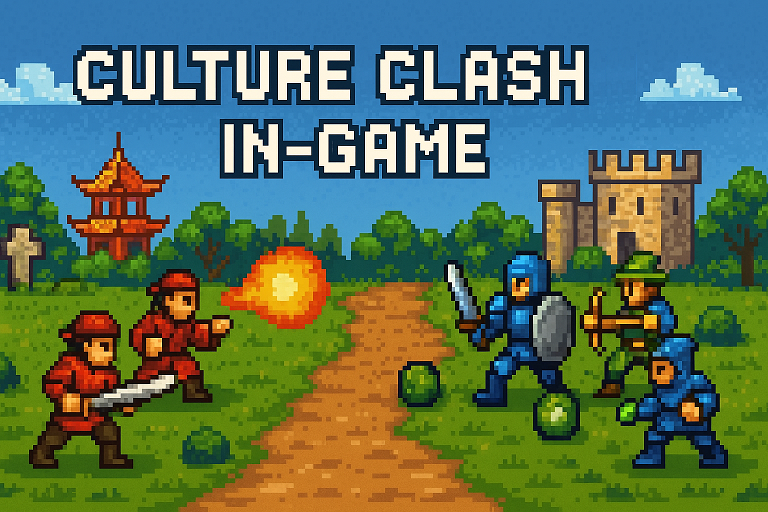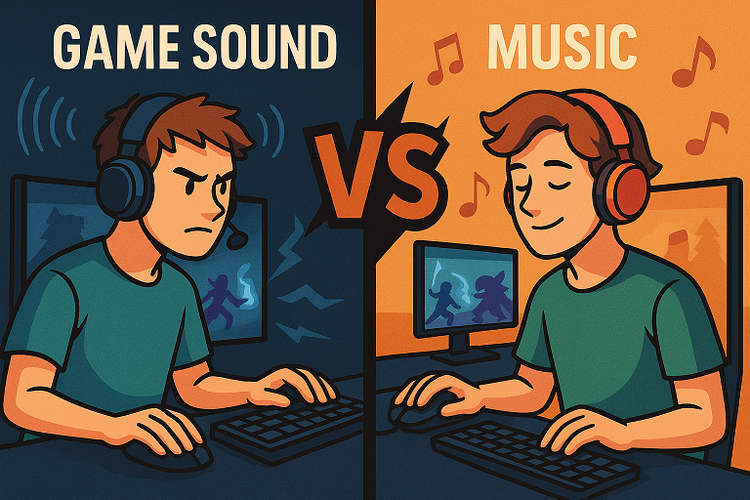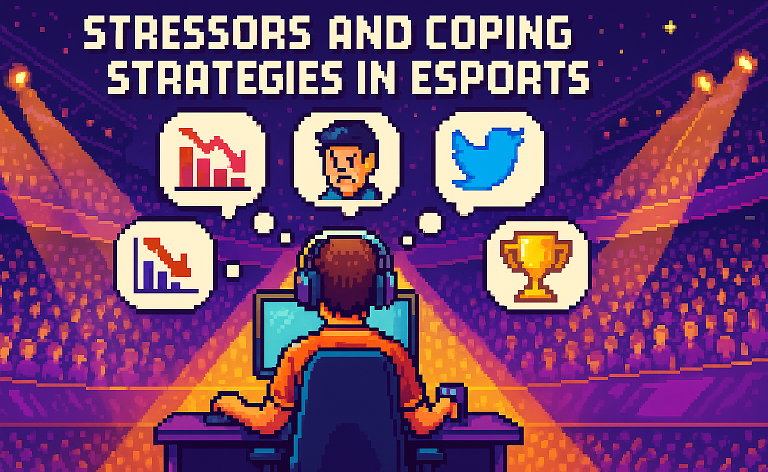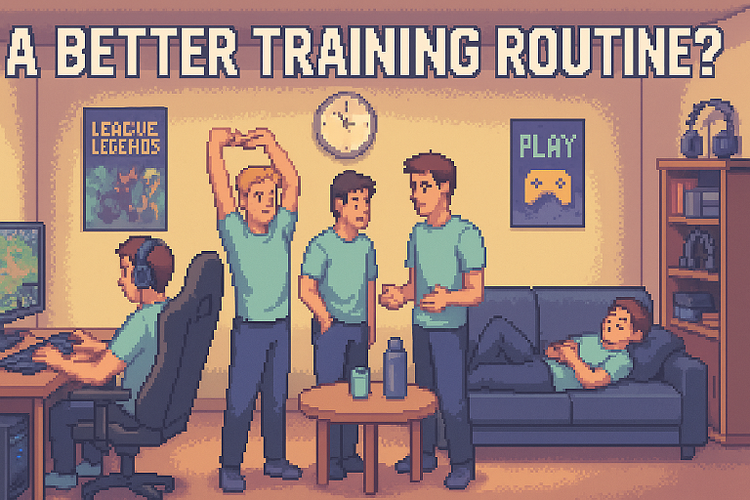Self-Efficacy, Anxiety, & Performance
We discuss player's self-efficacy, anxiety, and performance in gaming and esports.
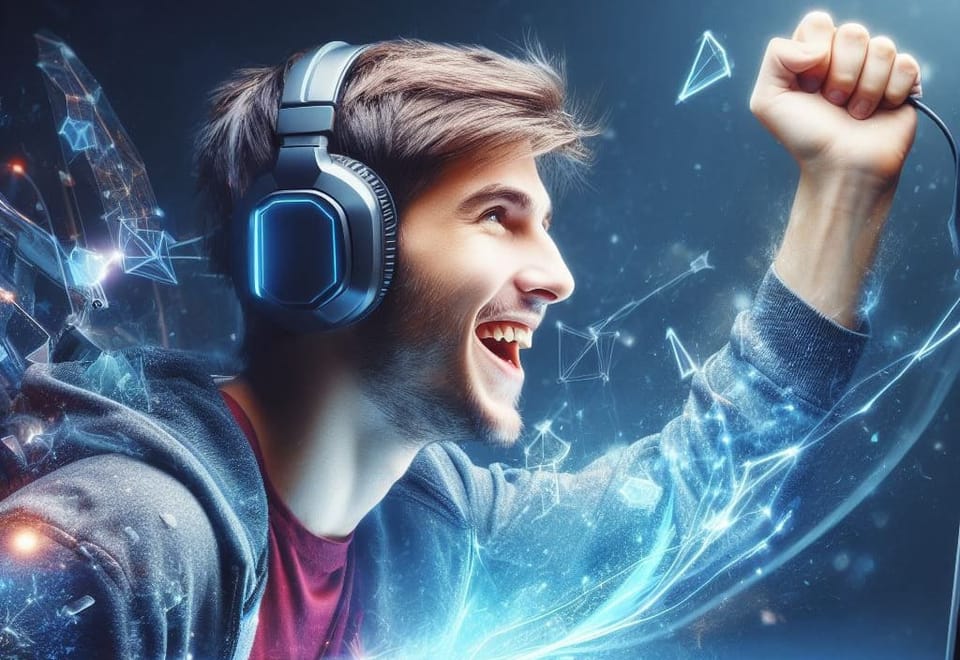
Happy Sunday, everyone!
"[…] eSports, as an emerging sport, is still under-researched, and research on eSports players’ game self-efficacy, competitive anxiety, and competitive performance is quite rare." – Wang et al., 2022.
📜 The Study
The two factors (self-efficacy and competitive anxiety) are individual factors that may contribute to individual or team performance. To investigate the research gap, Wang and co-authors (2022) took a quantitative approach, surveying over 200 players. Of the 232 participants, 35.3% were female. That’s already quite a high number to have in video games (depending on the game, of course), especially when considering that the players had competed in an online cup.
To be fair, competing in an online cup doesn’t really say much about being a competitive or Esports player. That’s a problem you face a lot when researching Esports. Nonetheless, players appear to be at least somewhat interested in the competitive aspect of the game (Honor of Kings – a MOBA game).
🏁 The Results
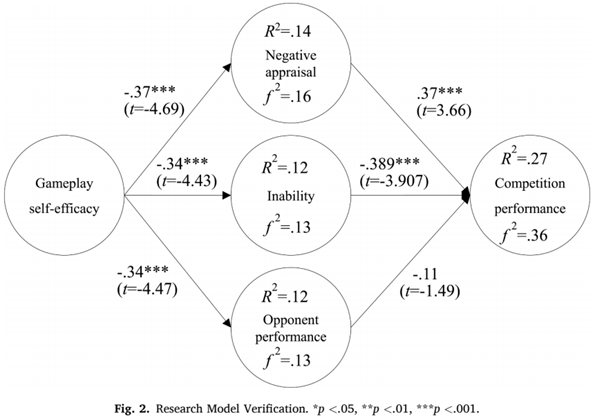
The figure above – don’t get scared, it can’t hurt you (physically) – shows the results of the study. What’s important is to understand that the self-efficacy of one’s gameplay "[…] refers to eSports players’ perceived beliefs about being able to successfully complete tasks or solve problems in the game" (Wang et al., 2022) influences the outcome (performance of the competition).
HOWEVER, this effect of gameplay self-efficacy on the competitive performance that was measured was not direct, but rather indirect. As you can see in the figure, there are negative appraisal, inability, and opponent performance in between. Those three together represent competitive anxieties. This means that the player’s gameplay self-efficacy impacts his competitive anxiety (being worried about one’s performance), which, in turn, impacts his performance in the competition.
What’s left to talk about is the direction (positive or negative). Gameplay self-efficacy is negatively associated with competitive anxieties, meaning the more self-efficacy you have, the less competitive anxieties you experience. At the same time, negative appraisal (which is good) is positively, and inability negatively related to performance; the more negative appraisal you have, and the less inability you experience, the higher the performance… or in a nutshell:
"[…] the present study indicated that gameplay self-efficacy can improve competition performance by reducing the experience of anxiety during competition." – Wang et al., 2022.
💡 What’s important for us casual games seeking to improve our MMR is the following: it’s all in your head. Strengthening the belief in yourself and your gameplay self-efficacy (e.g. by reflective, dedicated, willful training and preparation) will not just reduce various types of anxieties related to competition but, in turn, also improve your performance.
Though the participants aren’t exactly what you’d call professional players (as mentioned earlier), I think the results are applicable to all gamers, ranging from casual to progamer.
That's it for this Sunday. C u next week.
Christian 🙂
Join over 250+ (🤯) Gaming Science subscribers and become smarter every week.
"I love this type of content, thank you Chris."

